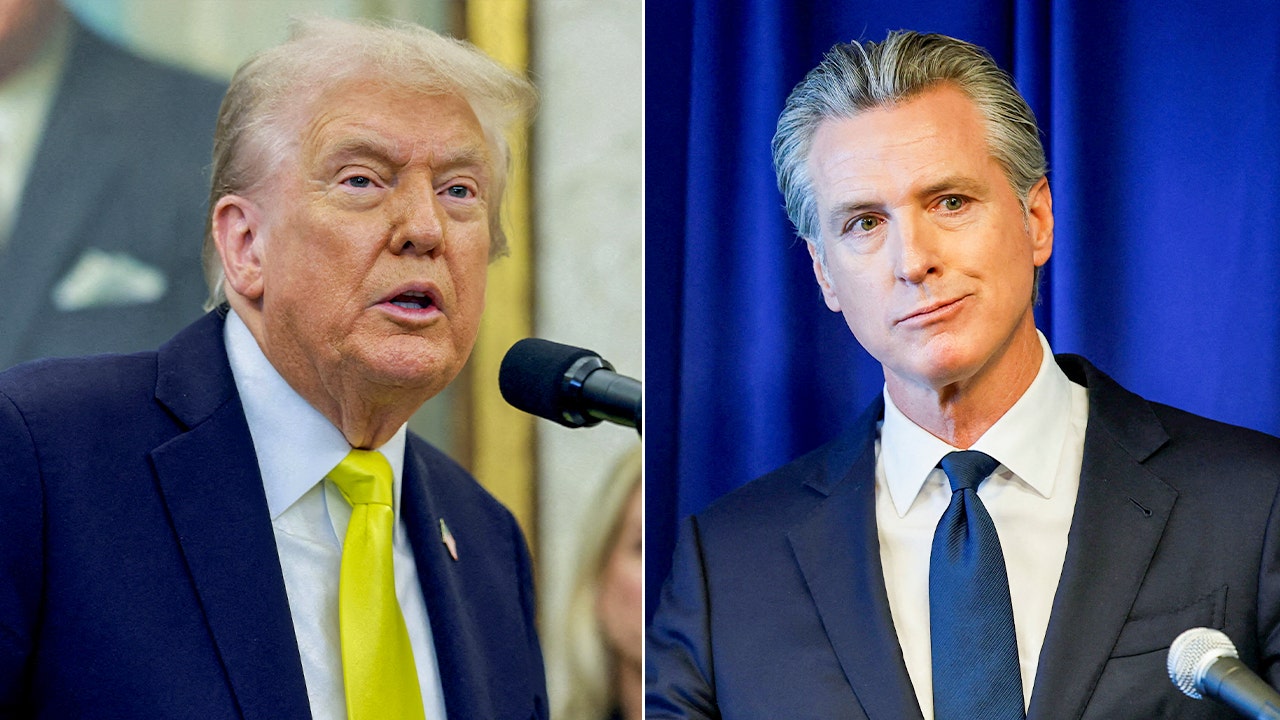Republican Reps. Thomas Massie of Kentucky and Eric Burlison of Missouri broke with their party Monday, voting against revenge porn legislation backed by First Lady Melania Trump that was overwhelmingly passed by Congress.
The Take It Down Act, which criminalizes the promulgation of non-consensual sexual imagery on the internet, including AI-generated “deepfakes,” sailed through the House with over 400 votes in favor, according to NPR. The bill had already cleared the Senate in February. (RELATED: Revenge Porn And The Tricky, Delicate Balance Between Freedom Of Speech And Freedom Of Privacy)
Massie explained his opposition on X, formerly Twitter, calling the legislation “a slippery slope, ripe for abuse, with unintended consequences.” He alleged House leadership allowed no amendments to be offered.
Burlison has not publicly commented on his “no” vote as of publication. The Missouri lawmaker has previously advocated for investment in artificial intelligence, Newsweek noted.
Tonight we’re voting on the “TAKE IT DOWN Act,” a bill that would impose federal criminal and civil penalties for publishing unauthorized intimate pictures generated with AI.
I’m voting NO because I feel this is a slippery slope, ripe for abuse, with unintended consequences. pic.twitter.com/i3XhWTibP8
— Thomas Massie (@RepThomasMassie) April 28, 2025
The First Lady, who lobbied lawmakers to pass the bill, praised its bipartisan approval. “Today’s bipartisan passage of the Take It Down Act is a powerful statement that we stand united in protecting the dignity, privacy, and safety of our children,” she said in a statement obtained by Newsweek.
Melania Trump spearheaded the child-focused “BE BEST” initiative during her husband’s first term, which focused primarily on “well-being, online safety, and opioid abuse.” (RELATED: California Lawmakers Hand Porn Industry Huge Victory After Watering Down Age Verification Bil)l
Republican Texas Sen. Ted Cruz, who co-sponsored the Senate version with Democratic Minnesota Sen. Amy Klobuchar, hailed the bill’s passage as “a historic win in the fight to protect victims of revenge porn and deepfake abuse.”
“By requiring social media companies to take down this abusive content quickly, we are sparing victims from repeated trauma and holding predators accountable,” Cruz added.
Critics of the legislation, including the Electronic Frontier Foundation (EFF), have argued the legislation is a danger to free expression and due process. They claimed the bill’s broad “takedown” provision could lead to censorship of legitimate content like satire, political speech and reporting.
The bill requires online platforms to establish a means for people alleging they fell victim to revenge porn to flag it. Once flagged, the content must be removed within 48 hours. The EFF argued that platforms, especially smaller ones, would have to hastily remove content to avoid legal consequences, potentially leading to censorship of legitimate content.
The legislation now heads to President Donald Trump’s desk for his signature.
Read the full article here











![US Forces Kill 14 Alleged Narco-Terrorists in Eastern Pacific Strikes, Pete Hegseth Says [WATCH] US Forces Kill 14 Alleged Narco-Terrorists in Eastern Pacific Strikes, Pete Hegseth Says [WATCH]](https://www.rvmnews.com/wp-content/uploads/2025/01/2025.01.14-09.16-rvmnews-6786d431b7616.jpg)
